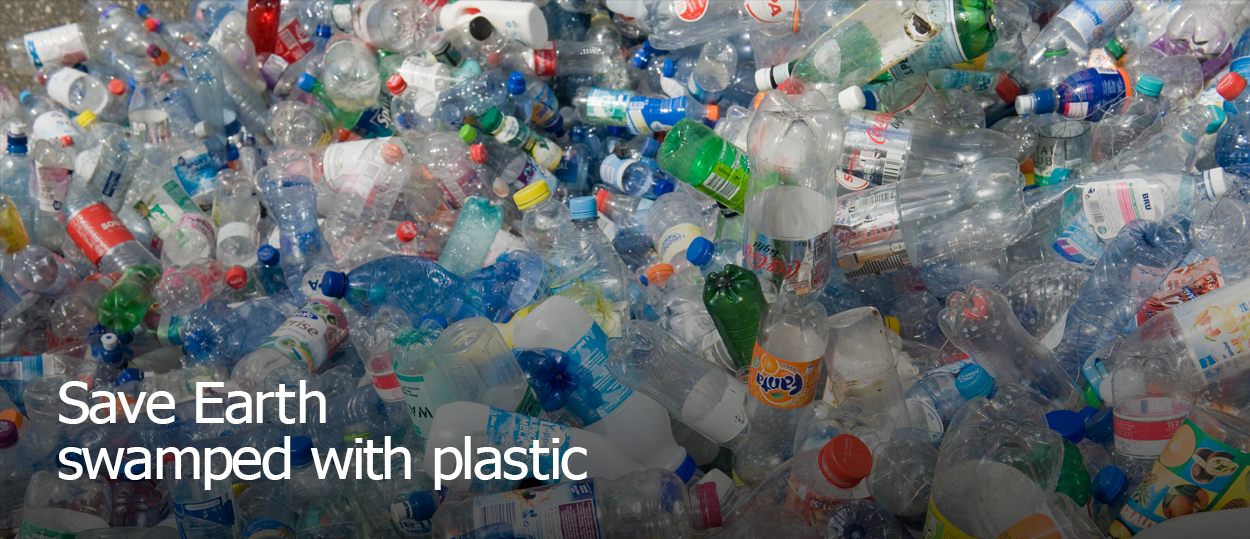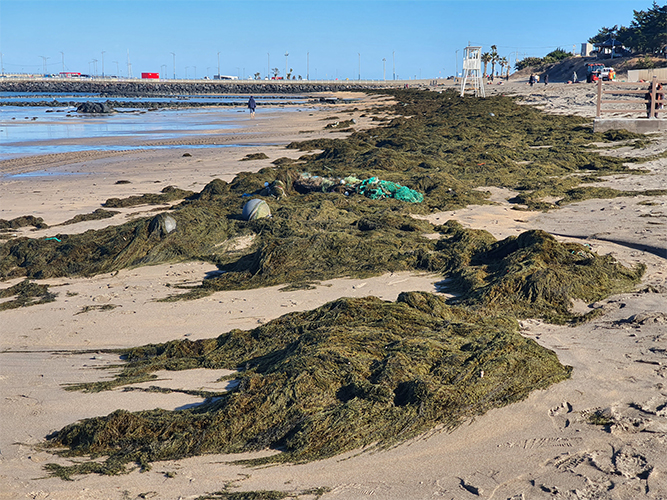Industry Trends
- Home
- Jeju Life
- Industry Trends


The sun is burning one side of Earth at a temperature of nearly 40 degrees Celsius, while on the other side, rain is pouring heavily. Was there a moment where we could vividly feel how serious climate crisis and environmental changes are? It is now time that we move on from “optional” eco-friendly to “obligatory” eco-friendly.
Environmental issues have always been hot in Jeju Island, which receives 15 million visitors a year. Plastic – the culprit behind environmental pollution – discarded in the ocean destroys the environment and increases disposal costs. Meanwhile, there have been efforts to reduce plastic. Jeju Island has recently announced the “2030 Waste-Free Island Jeju (2030 WFI)” policy, and Starbucks Korea is using reusable cups in some of its stores instead of single-use cups. Some people began to use reusable containers or eco-bags voluntarily as well.
However, if we fail to find a replacement for plastic that is as cheap, clean, and firm, it will be difficult to cut plastic usage by a dramatic amount. The good news is that there have been efforts to make eco-friendly disposables that do not damage the environment upon disposal.

Sargassum horneri washed up on the shore in Jeju Island ⓒJeju Special Self-Governing Provnice Government

Jeju, land of opportunity for eco-friendly companies with rich sources
For companies using marine algae as the base material, Jeju is the land of opportunity. Jeju boasts ample marine life under its ocean, particularly algae such as seaweed, sea string, and agar-agar. The peels of Jeju specialties such as tangerine and green barley can all be used as the raw materials for eco-friendly products.
Sargassum horneri is also another option, which washed up on the shore one day with other waste and began to damage nearby fish farms and spoil the ocean view. “It costs quite a lot to get rid of sargassum horneri, and there’s a limit to using it as compost. But it can be used as the raw material for our products by processing it into pulp,” said Cha Wan-Yeong, CEO of Marine Innovation, a company that makes eco-friendly disposable products with marine plants such as sargassum horneri. He added that building factories and facilities in Jeju Island will create a positive synergy effect. The eco-friendly disposable products can be reprocessed into trays after use for Hallabongs (a citrus fruit grown in Jeju) and tangerines, naturally reducing trash produced in Jeju Island.
One of the goals of Jeju Island’s “2030 Waste-Free Island Jeju (2030 WFI)” policy is to realize “plastic-free Jeju.” The island aims to cut the amount of plastic waste by 30% compared to 2020 (64,494 tons) by 2030. It is time that we create a virtuous cycle of eco-friendly disposables moving away from plastic, which was regarded as a miraculous material in the 20th century.
